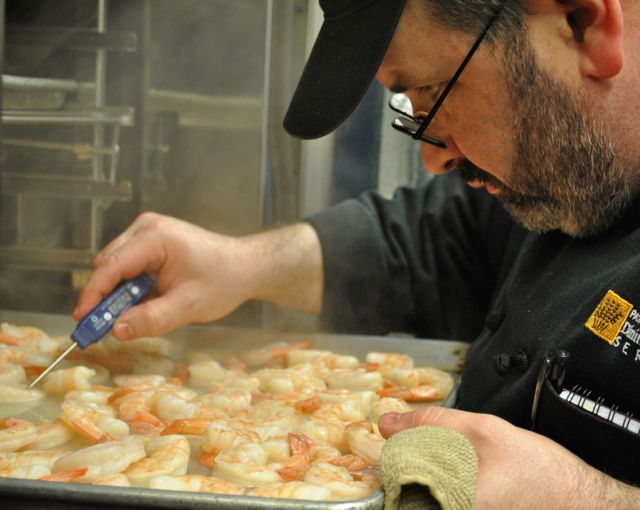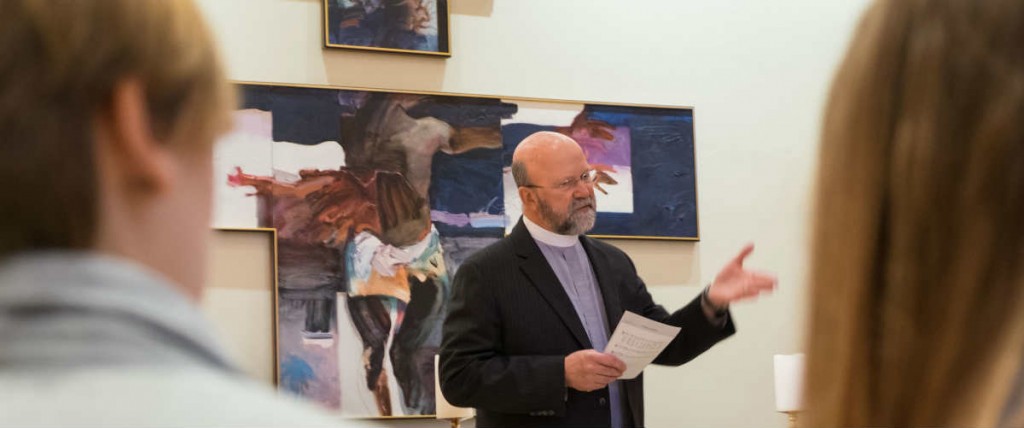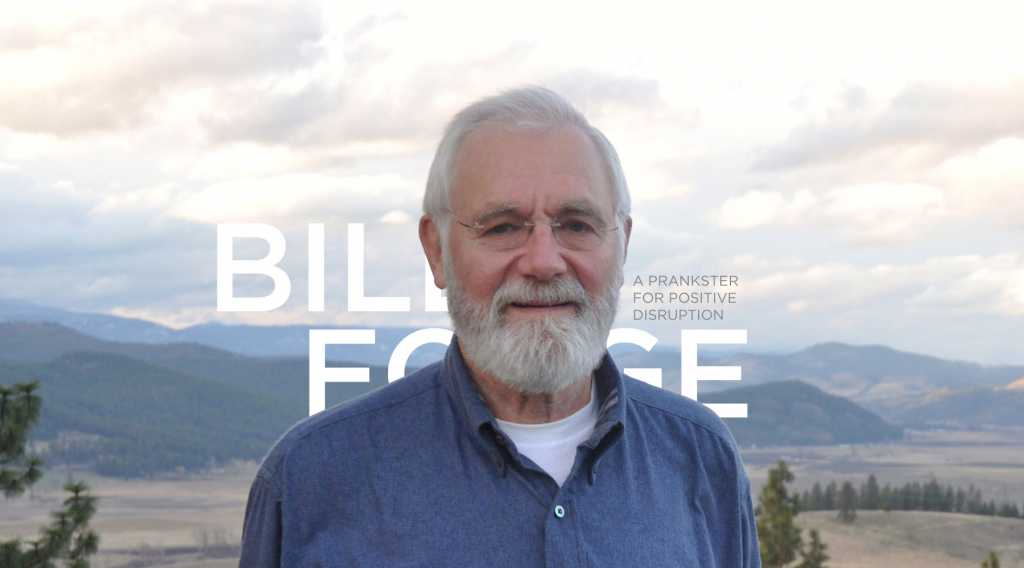Page 287 • (2,917 results in 0.199 seconds)
-
specific title designated by the academic unit. (1 to 4) MATH 389 : Special Topics in Mathematics To provide undergraduate students with new, one-time, and developing courses not yet available in the regular curriculum. The title will be listed on the student term-based record as ST: followed by the specific title designated by the academic unit. (1 to 4) MATH 422 : Mathematical Modeling This course introduces students to mathematical modeling of various problems in biology, environmental science, and
-
Kernel in God’s Eye, explores her family’s one-hundred-year-old wheat farm in Nebraska, and the changing role of food, God, science, race and agriculture in society, and was a finalist for the Lukas Prize, awarded by Columbia and Harvard University’s Schools of Journalism. She lives in San Francisco.Suzanne BerneSuzanne Berne is the author of four novels: The Dogs of Littlefield, The Ghost at the Table, A Perfect Arrangement, and A Crime in the Neighborhood, which won Great Britain’s Orange Prize in
-

financial analysts; Lauren as an accountant at Moss Adams. Master’s graduate Chris will be teaching science at Washington High School; Melanie will be in elementary special education in Clover Park. Sean is off to teach life skills through soccer in Uganda, while Nikki will be working to save lives in the ICU at Seattle’s Children’s Hospital. Yes, the Pacific Lutheran University Class of 2012 is ready for launch, and while the trails you have traveled make us proud; the paths lying ahead stretch our
-

cook for themselves. Some, like applied physics and computer science double major Tim Hurd ’13, who has lived off campus for more than a year, find themselves reinventing the meaning of cooking. Hurd draws his food-spiration from a book his grandma and mom bought him in high school. The book, “A Man, a Can, a Plan,” epitomizes a man’s approach to cooking, with dense laminated cardboard pages and recipes that require a large number of canned and pre-prepared food items – but for Hurd it’s perfect
-

the liberal arts—A basic understanding of history, language, art, religion, culture, ethics, philosophy and science is a foundation for all more specialized knowledge, c.f., PLU’s ROTC program. Learning and research within community—Nobody pursues an education alone. We were meant to collaborate with each other. It’s built into our DNA. Even an online course assumes there’s someone on the other end helping to lead and guide us while we study in front of our laptop. The intrinsic value of the whole
-
of bugs in a book. Light glistens on the gold leaf, dancing around the illuminations with every slight pivot. The sparkling accents throughout the book represent the presence of the divine. Women and marginalized people can see their faces in the artwork. Science, anthropology, history, multiple faiths and more stand on equal ground, from the subtle use of DNA strands in the illuminations to the recurring use of Hebrew and Arabic text throughout the book. For the illumination “Genealogy of Jesus
-

the editor and founder of Humanosphere , an independent online news site based in Seattle and devoted to covering aid, development, global health, poverty and the humanitarian community. Before starting Humanosphere , which was first launched as an NPR experiment based at KPLU, Tom worked for decades as the science and medical reporter for the Seattle Post Intelligencer . A Seattle native, Tom also has produced a few local plays, about the news business, and once lived in his car. Previous Post
-
language. Douglas Oakman, Professor of Religion, served as Dean from 2004-2010. Photo from Prism 2006. Keith Cooper shows that contemporary questions about faith and reason have precedent in a long tradition of philosophical and theological discourse, using that tradition to defend religious belief that is not just compatible with but informed by science. Mark Jensen uses philosophical and literary traditions to reflect on the very project of history, commenting on contemporary debates about art while
-
graduates are a precious, life changing and transformative force in the world. Let me explain: The first message came on June 26. It brought the crushingly sad news of the death of Army Lt. Brian Bradshaw,a 2007 political science graduate. Brian was a strong student, an ROTC volunteer and leader, who entered the military, in his own words, “not to win a war but to make the lives of people better.” Brian was killed when an IED exploded along a roadside in Afghanistan. Brian left behind several essays
-
immediately,” said Ian Rice ’20, a political science and global studies double major who studied there last month. “You don’t have to ask a question of somebody to get an answer.” Natalia Giovengo ’20, an anthropology major, said she was surprised by the intimacy of the Makah’s relationship with PLU. “He waves at passing cars,” Giovengo said of Huelsbeck. “They see the white vans and they know it’s PLU.” All the students say that warm welcome empowers them to dive deeper and ask questions they wouldn’t
Do you have any feedback for us? If so, feel free to use our Feedback Form.


